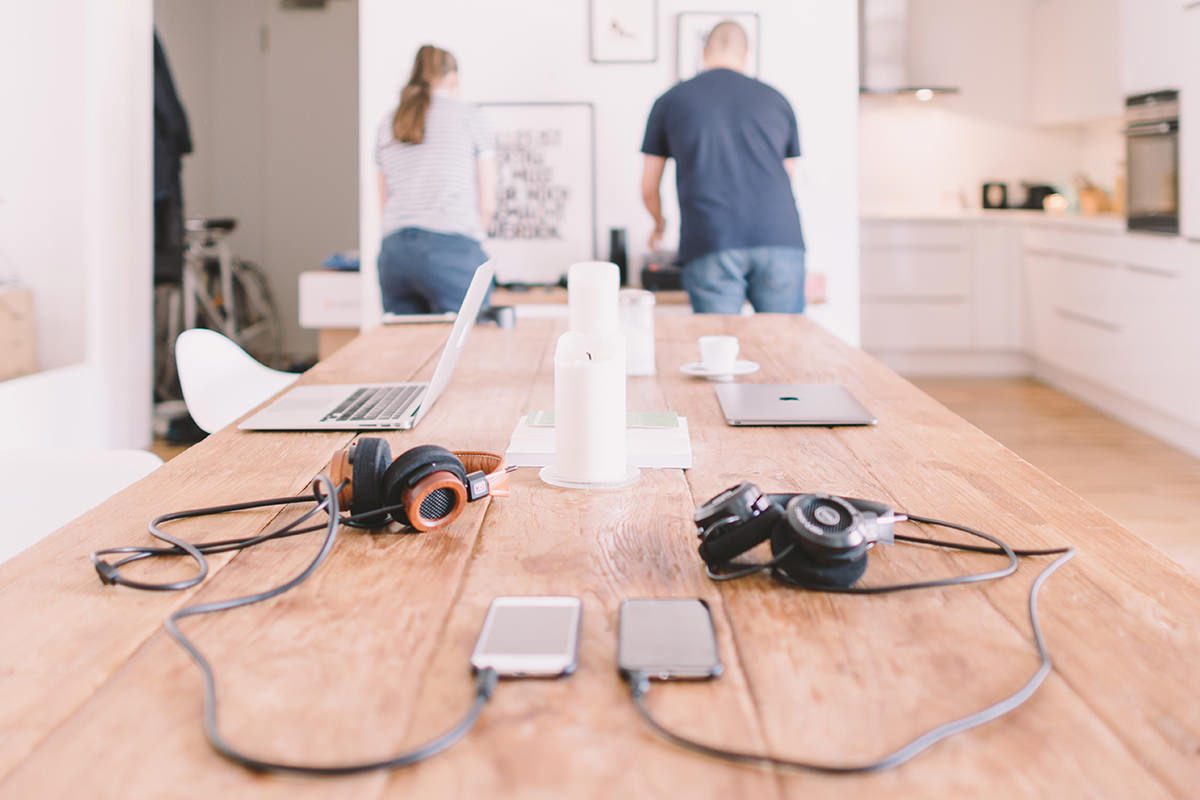Is the traditional office a thing of the past?
Creative
April 19, 2024
The traditional office—a space filled with cubicles, fluorescent lighting, and the hum of computers—has long been the hallmark of the modern workplace. Yet, as technology advances and attitudes toward work evolve, many are questioning whether this model is still relevant in today’s fast-paced, interconnected world. In this article, we delve into the shifting landscape of work and explore whether the traditional office is indeed becoming a relic of the past.
The Rise of Remote Work
In recent years, remote work has emerged as a viable alternative to the traditional office environment. Enabled by advancements in technology such as high-speed internet and collaboration tools, remote work offers employees the flexibility to work from anywhere in the world, free from the constraints of a physical office.
For many workers, the benefits of remote work are undeniable. From eliminating lengthy commutes to fostering a better work-life balance, remote work offers a level of freedom and autonomy that is increasingly attractive in today’s competitive job market. As a result, an increasing number of companies are embracing remote work arrangements, recognizing the potential for increased productivity and employee satisfaction.
The Hybrid Work Model
While remote work offers undeniable benefits, it also presents its own set of challenges, including feelings of isolation and difficulty in maintaining work-life boundaries. As a result, many companies are adopting a hybrid work model that combines the flexibility of remote work with the collaboration and socialization of the traditional office.
In a hybrid work model, employees have the option to work remotely part of the time while still coming into the office for meetings, collaboration sessions, and team-building activities. This approach allows companies to reap the benefits of remote work while ensuring that employees have opportunities for face-to-face interaction and connection.
Redefining the Purpose of the Office
As remote work continues to gain traction, the role of the traditional office is evolving. No longer simply a place to work, the office is increasingly being reimagined as a hub for collaboration, innovation, and community building.
Rather than being tied to a specific location, employees are turning to the office as a place to connect with colleagues, brainstorm ideas, and build relationships. As a result, companies are investing in office spaces that prioritize flexibility, comfort, and creativity, with open floor plans, collaborative workspaces, and amenities designed to enhance employee well-being.
The Future of Work
As we look to the future, it’s clear that the traditional office is undergoing a profound transformation. Whether it’s through remote work, hybrid models, or reimagined office spaces, the way we work is changing in fundamental ways.
Yet, while the traditional office may be evolving, its core purpose remains the same—to provide a space for people to come together, collaborate, and create. By embracing new ways of working and rethinking the role of the office, companies can adapt to the changing needs of their employees and thrive in an increasingly dynamic and interconnected world.






